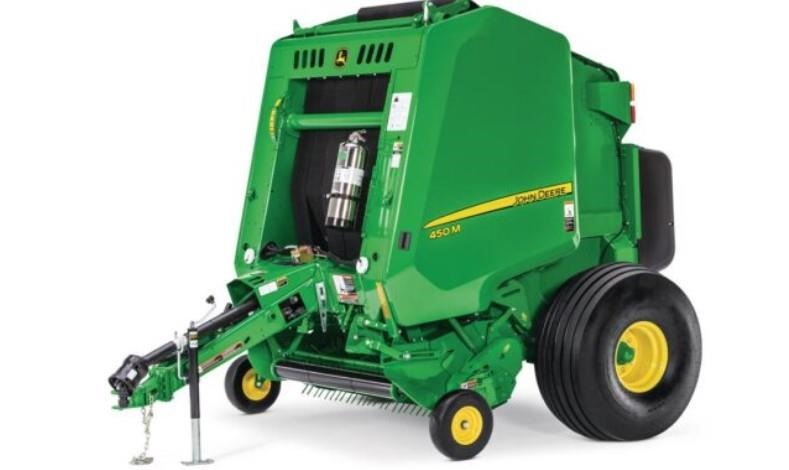Livestock accidents add a level of complication to an already challenging situation. Having a plan in response is valuable for all that may be involved.

The objective of a Bovine Emergency Response Plan (BERP) is to develop a framework that local law enforcement, first responders, emergency management, and veterinarians can use to more appropriately address accidents involving cattle transport vehicles. This framework is rigid enough to cover all the critically needed areas but flexible enough to fit the needs of local municipalities.
On Saturday, October 22 from 9 until 2, join OSU Extension Beef Specialist, Dr. Stephen Boyles and Ashtabula County Ag Educator, Andrew Holden, for this important training that will help make everyone more prepared in the case of livestock emergencies. The program will be held at the Bloomfield Livestock Auction in North Bloomfield, Ohio.
Source : osu.edu